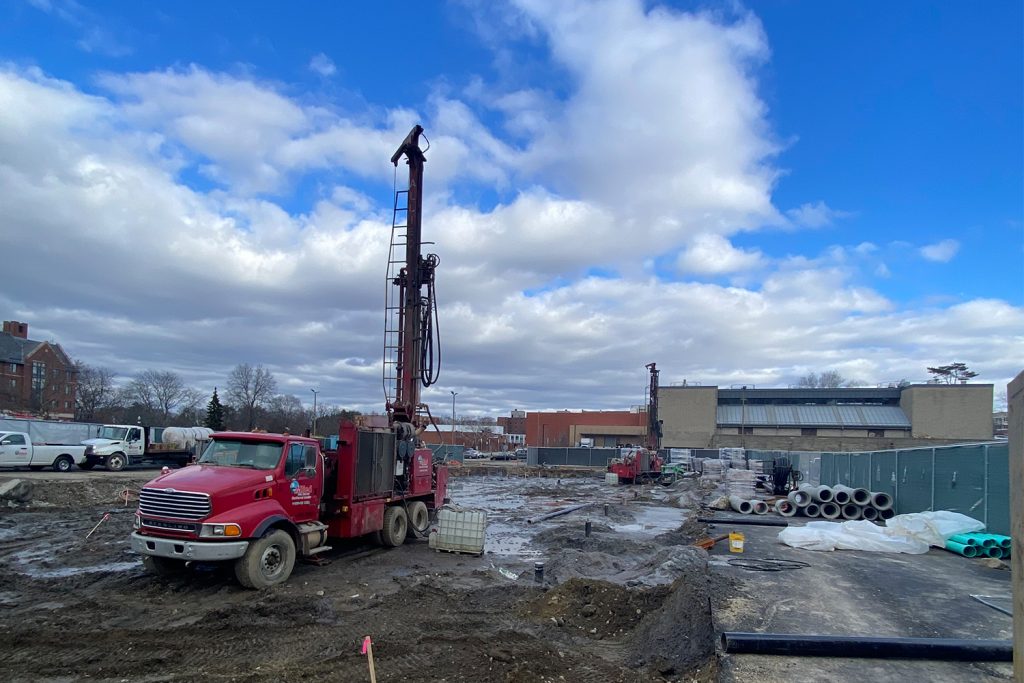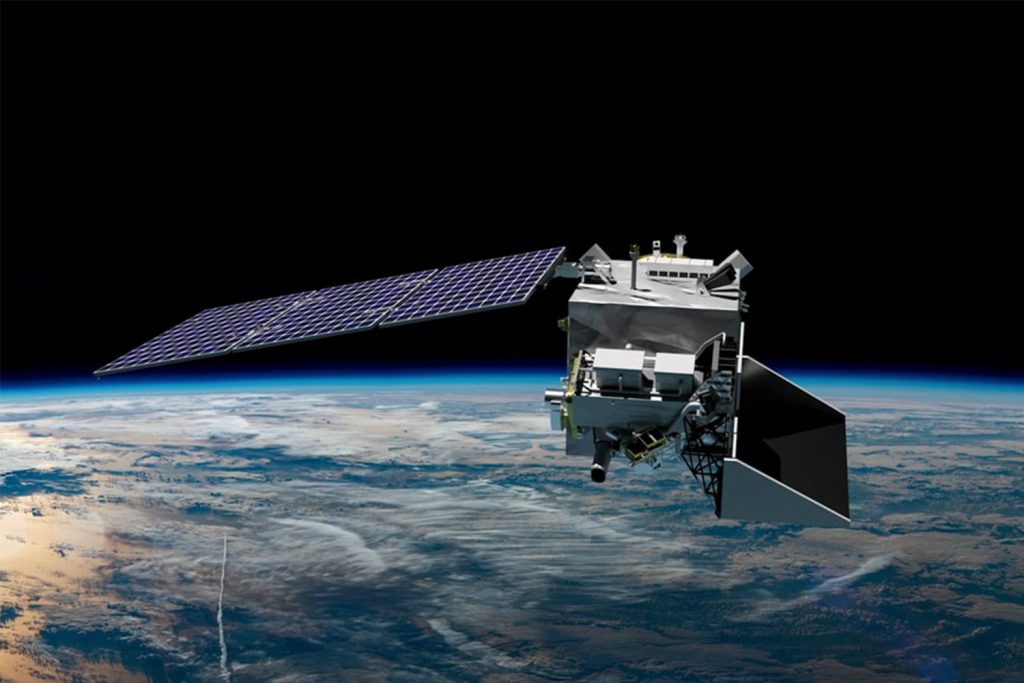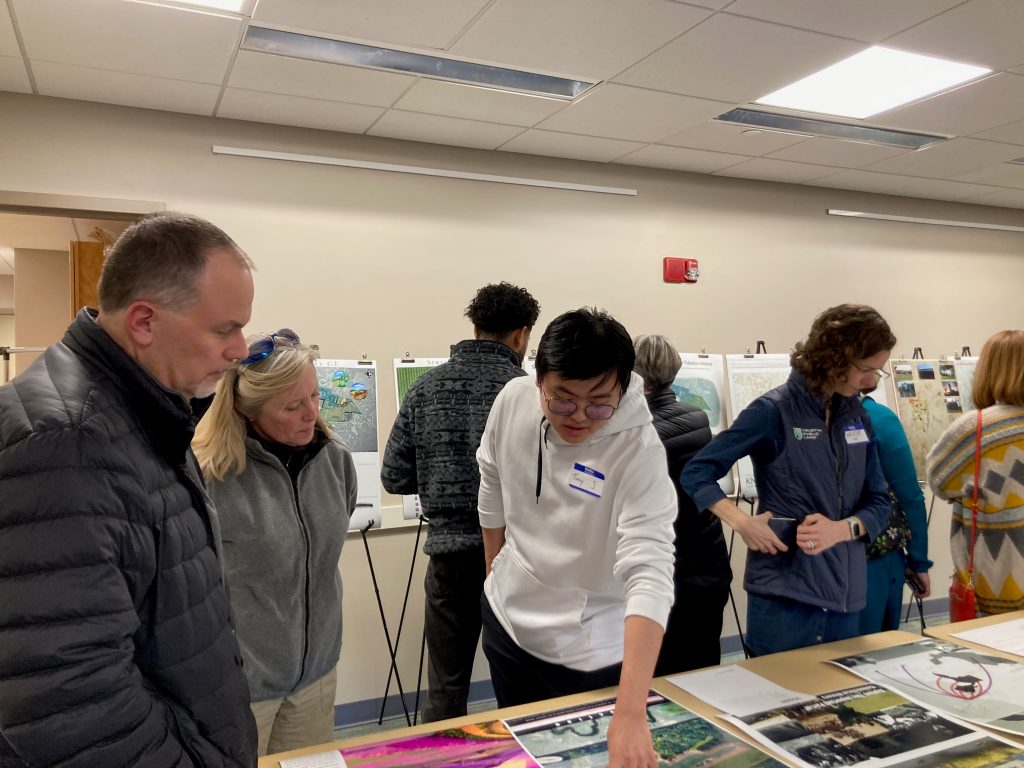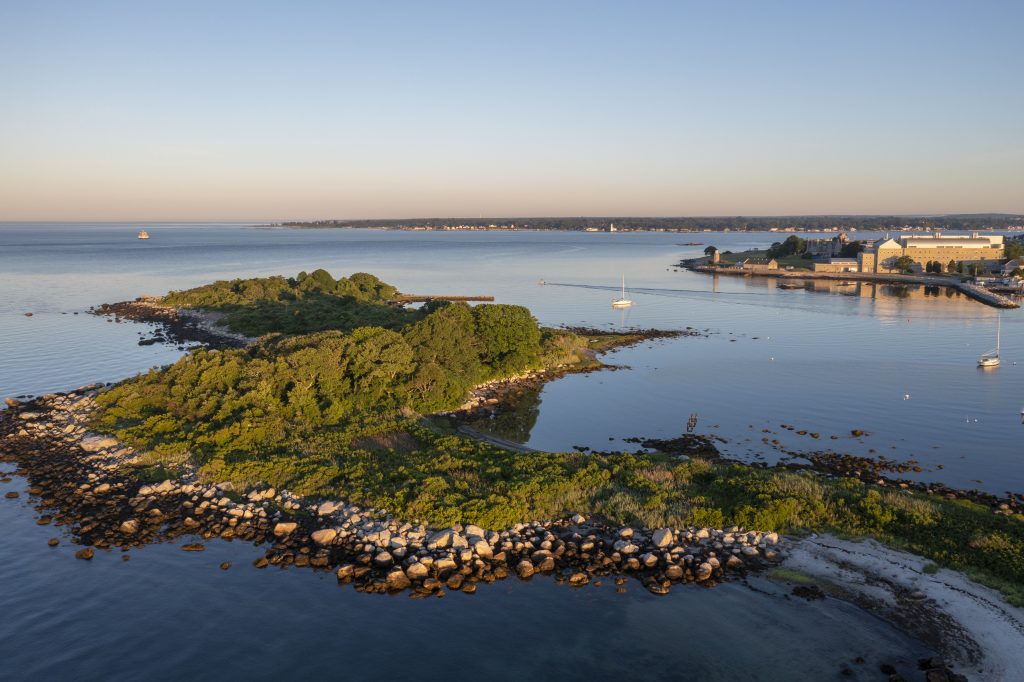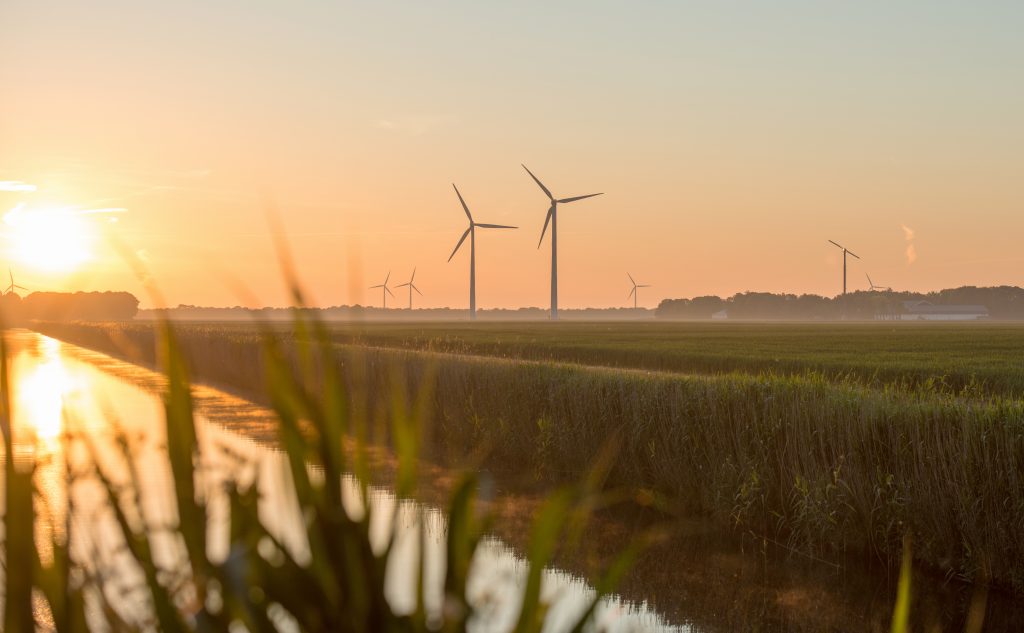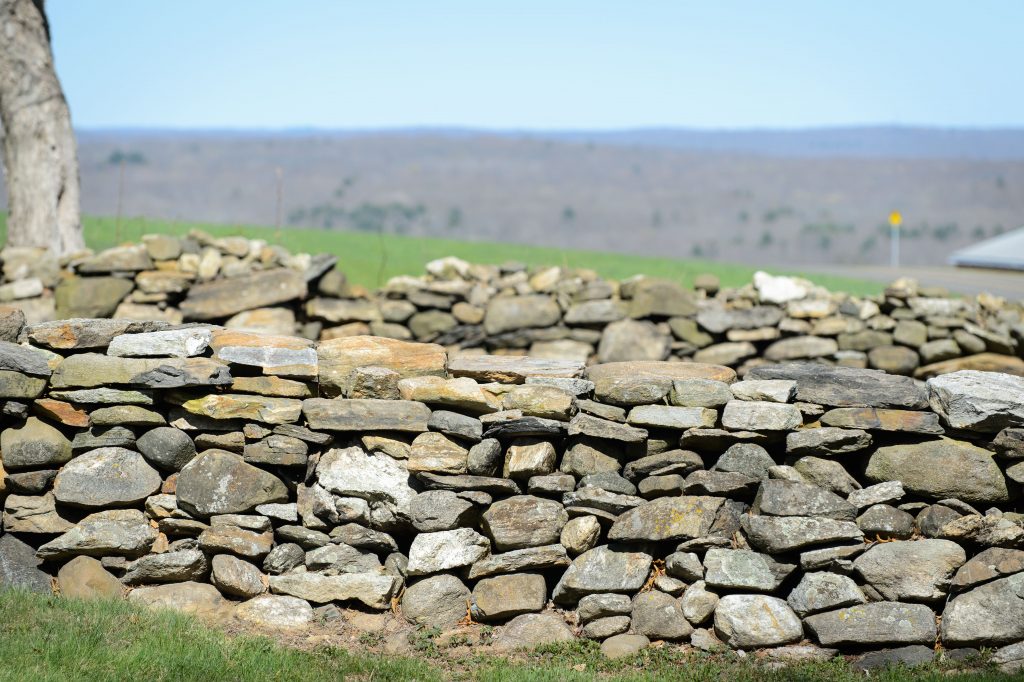
Elaina Hancock
Author Archive
In the Galapagos, Urban Finches Fare Better Against Vampire Fly
'This gives us hope that Darwin's finches are not entirely doomed'
January 23, 2024 | Elaina Hancock
Geothermal Project to Heat and Cool New South Campus Residential Hall
Sustainable technology is expected to begin operating in 2025
January 16, 2024 | Elaina Hancock
New Satellite Will Help Researchers See the Oceans and Atmosphere as Never Before
Satellite launch, anticipated for Feb. 6, offers researchers 'a completely new way' of looking at the ocean
January 9, 2024 | Elaina Hancock
UConn Students Imagine Potential Futures for a Remarkable Piece of Land in Simsbury
Designing for the future while also paying homage to the past
January 8, 2024 | Elaina Hancock
Research Offers Insight into How Mercury Enters the Food Web
Dissolved organic matter acts like a 'shield' at the base of the marine food web
December 5, 2023 | Elaina Hancock
Nationwide Study Redefines How Food Environment Impacts Cardiometabolic Diseases
Human mobility seems to be a missing piece of the puzzle
November 20, 2023 | Elaina Hancock
Two UConn Researchers Among Authors of Fifth National Climate Assessment Report
Guiling Wang and Zhe Zhu explain how the gold standard of national climate reports gets put together - and why climate change isn't all doom and gloom
November 16, 2023 | Elaina Hancock
Disentangling Elements of Human Activities and Invasive Parasites on the Health of Darwin’s Finches
UConn researchers are studying how humans impact wildlife, inside and out
November 9, 2023 | Elaina Hancock
Establishing the Science of Stone Walls
'I want to ensure we don't strip mine these resources away'
November 6, 2023 | Elaina Hancock
Action-oriented Symposium Connects Researchers to Encourage Collaboration for a Sustainable Environmental Future
'We have heard these wonderful talks, now what are we going to do? The time for action is now'
October 27, 2023 | Elaina Hancock

